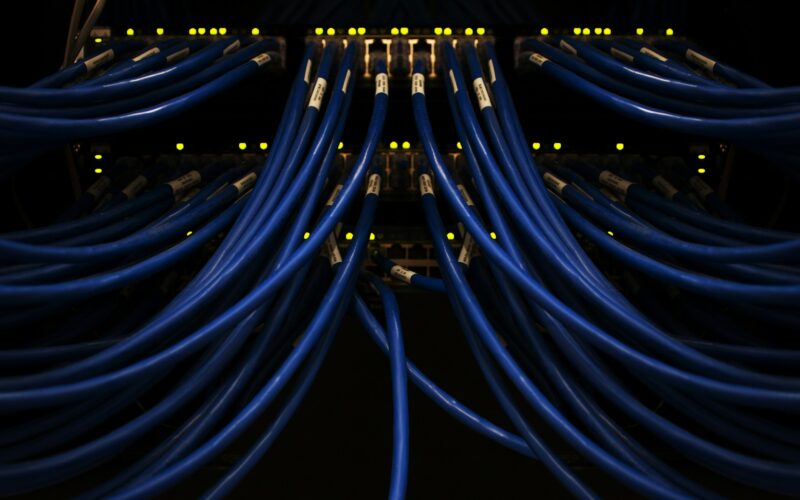In the digital age, the use of a dedicated server is a common choice for businesses seeking enhanced performance and security for their online presence. However, it’s important to consider the environmental impacts of using such powerful digital tools. This article explores the various environmental aspects related to the use of a dedicated server, offering insights into its ecological footprint.
Energy Consumption
One of a dedicated server’s most significant environmental impacts is its energy consumption. These servers are designed to operate 24/7, ensuring websites and applications are always up and running. This constant operation means they consume a lot of electricity.
The energy used to power and cool these servers contributes to their ecological footprint. Data centers, where many dedicated web servers are housed, use a significant amount of electricity. The source of this electricity can vary, and if it comes from fossil fuels, it contributes to greenhouse gas emissions. This energy consumption is an important factor to consider when assessing the environmental impact of dedicated web servers.
Heat Emission and Cooling Needs
Along with consuming a lot of energy, dedicated web servers also generate a considerable amount of heat. This heat needs to be managed effectively to ensure the servers continue to operate efficiently and avoid overheating. Cooling systems are, therefore, an essential part of data centers.
However, these cooling systems themselves consume a lot of energy, adding to the overall environmental impact. The use of air conditioning and other cooling technologies increases energy consumption, which can lead to higher carbon emissions, especially if the energy source is not renewable.
Resource Use and Electronic Waste
The production of dedicated web servers requires various resources, including metals and plastics. The extraction and processing of these materials have their own environmental impacts, including resource depletion and pollution.
When servers reach the end of their life, they become electronic waste. If not disposed of properly, this waste can contribute to pollution and harm the environment. The recycling and proper disposal of electronic components are critical to minimizing the environmental impact of dedicated web servers.
Potential for Renewable Energy Sources
There is a growing trend in the dedicated web server industry towards the use of renewable energy sources. This shift is driven by the desire to reduce the environmental impact of data centers.
By powering servers with renewable energy, such as solar or wind power, the carbon footprint of these servers can be significantly reduced. This move towards green energy helps make dedicated web servers more environmentally friendly and aligns with broader global efforts to combat climate change.
Innovations in Server Technology
Innovations in server technology are also playing a role in reducing the environmental impact of dedicated web servers. Newer servers are being designed to be more energy-efficient, consuming less power for the same level of performance.
Cooling technology advancements are also helping reduce the energy needed to keep servers at optimal temperatures. These innovations contribute to making dedicated web servers more sustainable and less harmful to the environment.
Liquid Web states, “Dedicated web hosting gives peace of mind and also provides businesses the freedom to grow and flourish.”
The use of a dedicated web server comes with various environmental impacts, primarily related to energy consumption, heat emission, resource use, and electronic waste. However, the industry is evolving, with a growing focus on renewable energy sources and technological innovations to reduce ecological footprints. As you become more reliant on digital technologies, you must consider these environmental factors and strive for more sustainable computing solutions.




